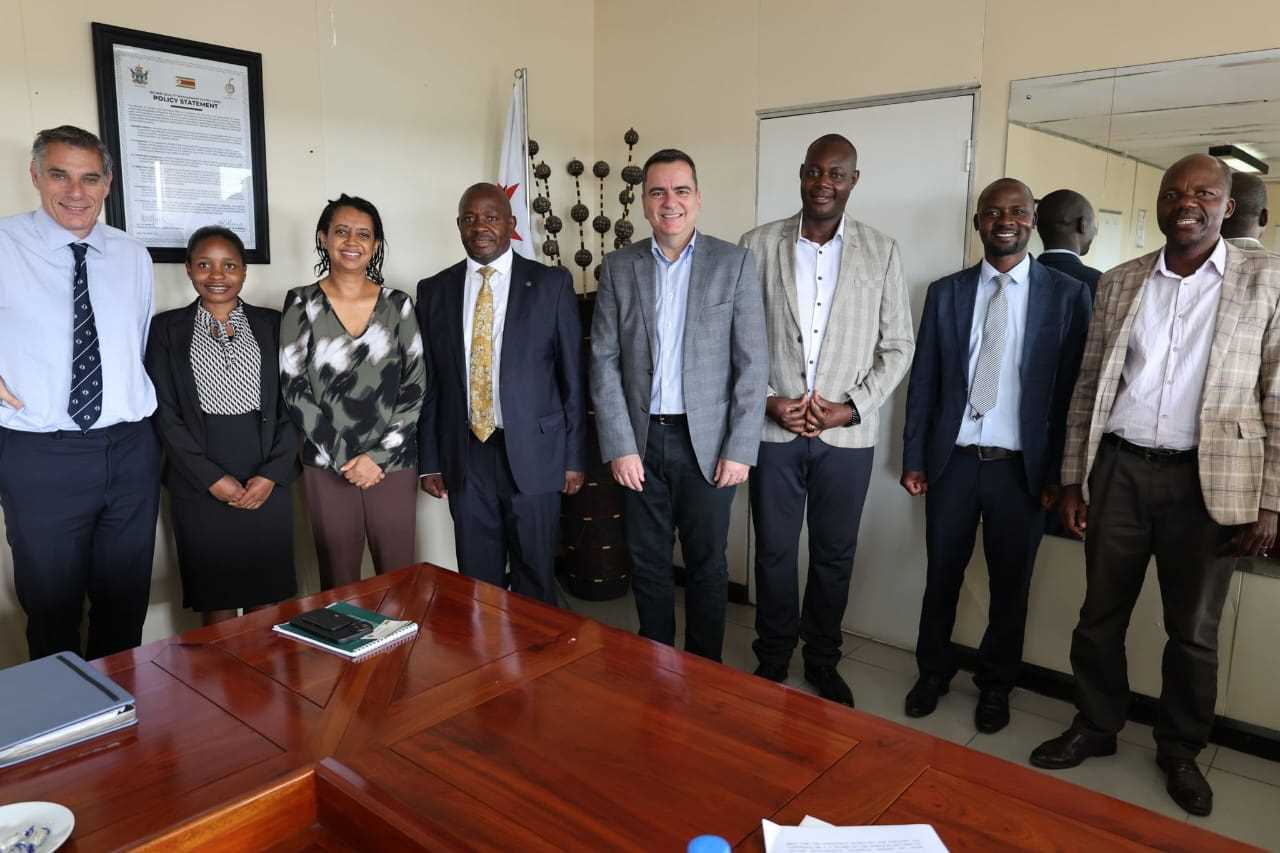
Oscar J Jeke
Zim Now Reporter
Zimbabwe must establish a dedicated Ministry of Artificial Intelligence (AI) if it is to keep pace with global technological change, former Deputy Prime Minister and robotics professor Arthur Mutambara has said.
Speaking in Harare at the launch of his new book, Deploying Artificial Intelligence to Achieve the UN Sustainable Development Goals: Enablers, Drivers and Strategic Framework, Mutambara warned that placing AI under a sub-department of the Ministry of ICT would weaken Zimbabwe’s ability to innovate and attract investment.
“We need a national AI strategy, a national AI vision, and a standalone AI policy document. It must not only sit under the Ministry of ICT, it must be a ministry of its own, with its own Minister of AI. That is how serious this matter is,” he said.
Related Stories
The academic argued that without a clear and independent policy framework, Zimbabwe risks missing opportunities to deploy AI in sectors such as agriculture, healthcare, and finance, which could accelerate progress towards the UN Sustainable Development Goals. He added that AI could help tackle hunger, poverty, and governance challenges.
His call comes as government moves towards finalising its own national AI strategy. At the AI Summit for Africa 2025 held in Victoria Falls last week, ICT Minister Tatenda Mavetera revealed that the second draft of Zimbabwe’s AI policy is complete and will be launched by October his year, after final consultations with stakeholders.
“The strategy aims to build an Africa where AI serves humanity, ensuring every village is connected, every child is educated, and every youth has opportunities,” Mavetera said.
Private sector leaders are also showing interest. Westprop Holdings CEO Ken Sharpe told the book launch that he intends to use AI-driven models to fight poverty. Inspired by advice he received from ChatGPT-5, he pledged to invest US$1 million into community savings and loan initiatives, saying the move could lift 10,000 Zimbabweans out of poverty.
International partners share the optimism. UNDP resident representative Ayodele Odusola noted that surveys indicate two-thirds of Zimbabwean youth believe AI can address pressing challenges in education, health, agriculture, and climate action.
But the hurdles remain significant. The 2024 UN SDGs Progress Report shows that more than 40% of Zimbabweans live below the international poverty line, youth unemployment exceeds 55%, and over 60% of health facilities face critical shortages. The country has met only three of the 17 SDG targets to date.
Mutambara insists that AI can be the bridge, but only if Zimbabwe takes bold steps such as creating a stand-alone ministry dedicated to driving the AI revolution.




















Leave Comments